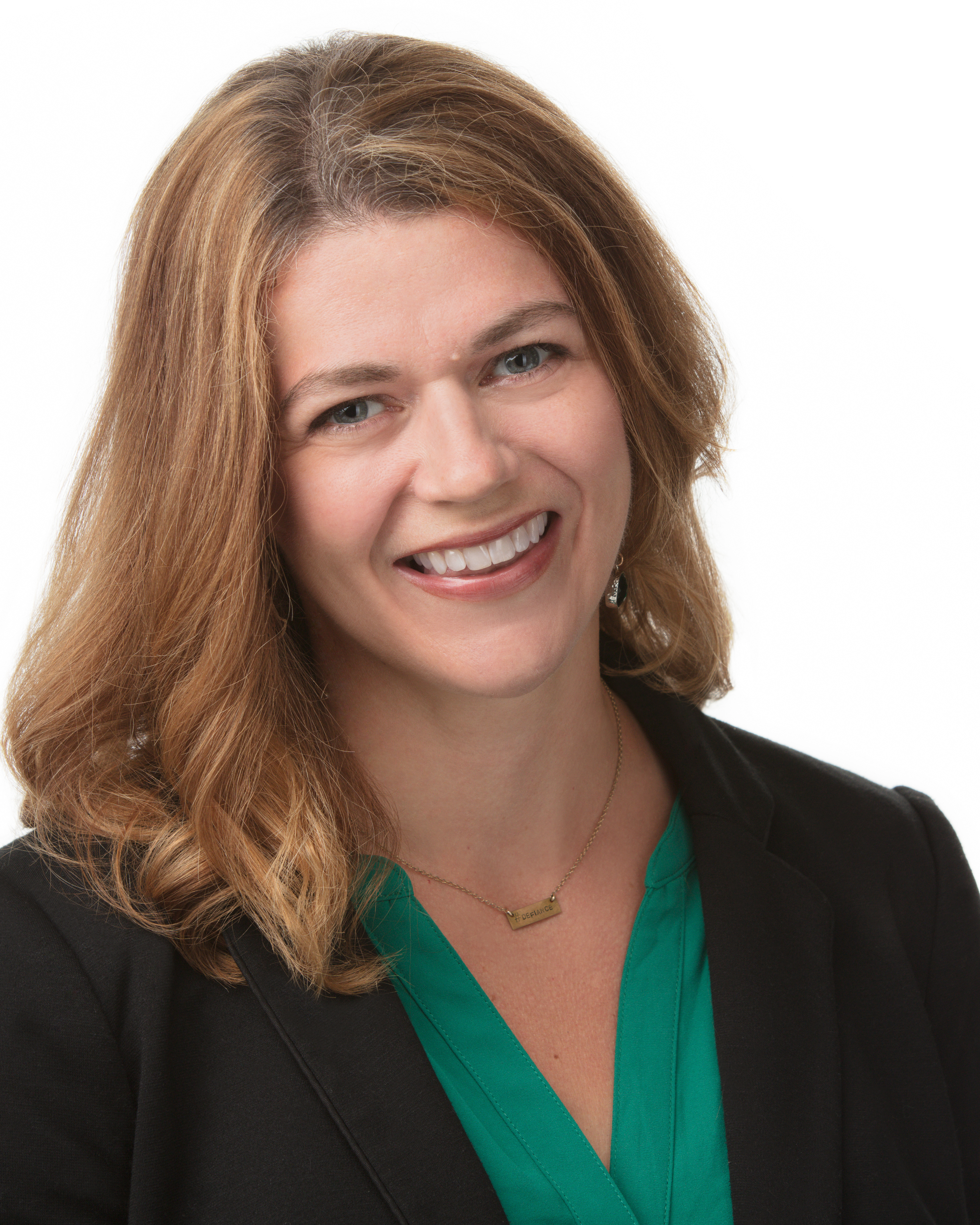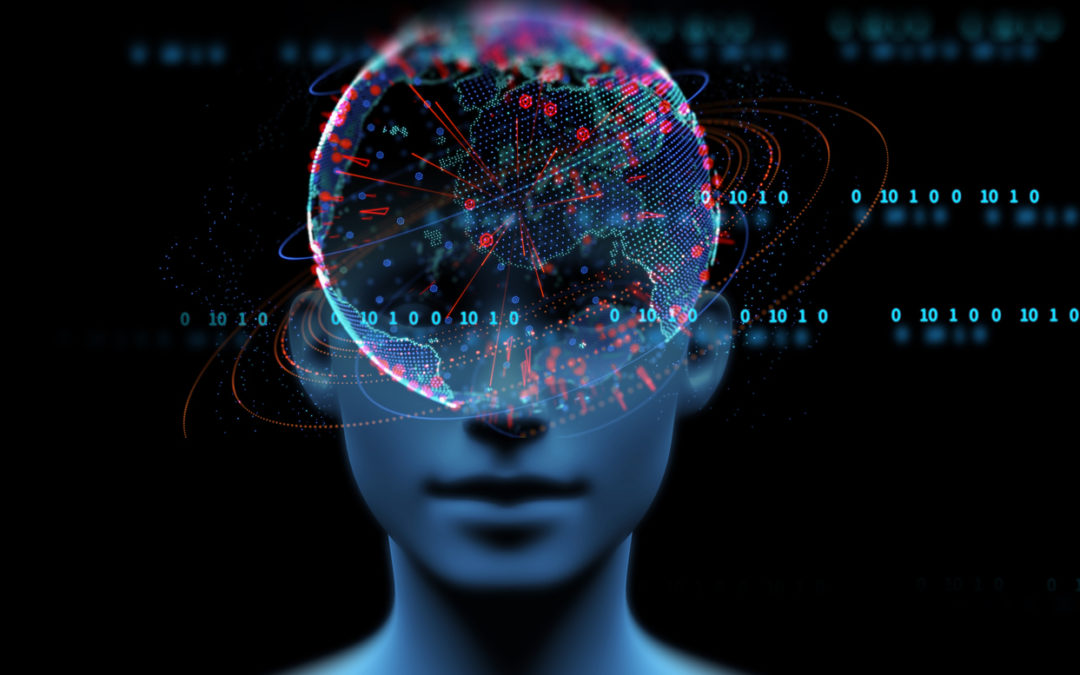As its performed today, in vitro fertilization (IVF) relies on the visual assessment and grading of embryos by experienced embryologists to determine which ones are best to implant. This process has been the gold standard since IVF began, but it is widely acknowledged that there are limitations. The biggest concern is the inability to consistently replicate embryo selection between embryologists. While it is hard to know what the potential impact on success rates might be, it is reasonable to think that a more standardized process may be able to improve success rates. The recent explosion of artificial intelligence (AI) and its application to healthcare has some researchers exploring whether AI can be used to more reliably select the “healthiest” embryos for implantation.
What is Artificial Intelligence?
Artificial intelligence is a collection of technologies that utilize immense amounts of data to train a computer to perform tasks that would typically require human intelligence. Machine learning is one of these technologies that is often applied to healthcare. It uses statistics to develop models based on patterns found in massive amounts of data. AI’s potential application to IVF leverages a more complex version of machine learning called deep learning through the use of artificial neural networks that are built to mimic the way the human brain processes information to use in decision making.
Application to IVF
The goal of using AI in embryo selection for IVF is to eliminate the potential bias of relying solely on visual assessment to make a selection and instead enhancing the confidence of the embryologists’ selection with a data-driven approach. By utilizing time-lapse photography to take images at regular intervals throughout the the 5-day observation period, the machine learning system can compare the embryo against a set of desirable features and assist in making a selection of which embryo will be most robust for implantation.
Current Research
One of the pioneers in this research is Dr. Daniella Gilboa, an Israeli embryologist and the co-founder of a start-up company called AIVF. She was recently interviewed on the Moneyball Medicine podcast about her efforts to bring this technology to the forefront in IVF. Dr. Gilboa and her partners are collaborating with research centers (ie. Stanford University, Cornell University, IVI in Spain, London Womens Clinic in London, Embryo Lab in Greece) across the globe to develop an end-to-end decision support tool for embryologists that is powered by AI.
Their proprietary software looks at all of the images of the embryo and assesses millions of parameters that are collated with success (defined as implantation). The embryologist would then be able to see the probability of success for each embryo. With this system, Dr. Gilboa hopes to involve the patient in the process, giving that person access to the same platform via a patient portal that would allow them to see their embryos, the probabilities, and talk through embryo selection with the embryologist from a more informed place.
This research is not only being done by industry. A group at Cornell University recently published their experience of training an “off-the-shelf” Google deep learning product to classify embryos as “good, fair, or poor” based on their likelihood to implant. When individual embryologists were asked to grade a subset of the embryos used in this study, there was little agreement between the embryologists. However, using a voting system, the researchers got a majority vote from the group of embryologists on each embryo. Their AI system was able to predict the majority vote with 95.7% precision, indicating that the system itself may be more accurate than any individual embryologist at selecting the best embryo.
IVF Today
Dr. Gilboa sees a need for this technology beyond just making better embryo selections for the purpose of improving IVF success. She says “IVF is becoming something different nowadays. You don’t do IVF only under medical indication…If it’s optimized and the treatment was not so hard/tough as it is now…The demand for IVF will grow bigger and bigger. The only way to do it correctly is by using AI technologies.” She sees this as the key driver behind her work, helping more families achieve desired pregnancies in less time with less complication.
Additional research is ongoing and needed before the application of AI technology to embryo selection can become mainstream, but it offers a promising development in the field that may help improve success rates AND accessibility to this technology.

Jessica Greenwood is an independent consultant to Sharing Health Genes. As a licensed genetic counselor and digital health consultant, she works with health-related organizations looking to deliver memorable messages of health in the digital space. Mrs. Greenwood started her career in a clinical role, working for eight years as a preconception and prenatal genetic counselor before transitioning to industry. Mrs. Greenwood completed a year-long certificate program in Digital Health Communication at Tufts University that spearheaded her work in digital health. She now consults with health-related organizations, assisting with the creation and execution of a digital strategy including the development of health literate patient-centered educational materials. Mrs. Greenwood earned a Bachelor of Science degree from North Carolina State University with a minor in Genetics and a Master of Science in Genetic Counseling from the University of North Carolina at Greensboro.
